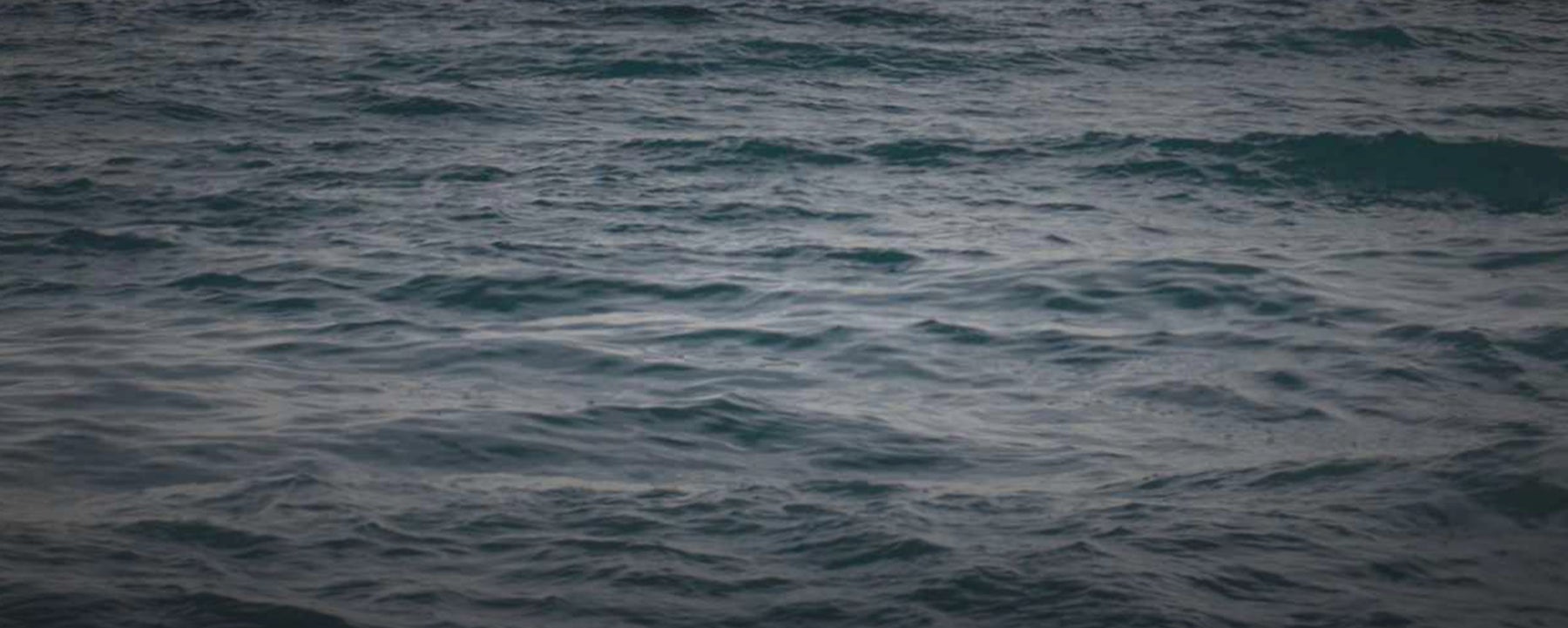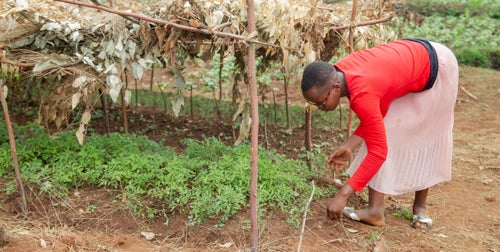On Nauru, we hear consistent and escalating reports of deteriorating mental health and self-harm by refugee and asylum seeker children and their family members.
These children are experiencing learning difficulties, bed wetting and nightmares. Some have experienced so much trauma in their lives that experts say they are now unable to form healthy attachments, or recognise love.
The Australian Government recently announced their intention to remove all refugee and asylum seeker children from Nauru by the end of the year.
This is a positive step forward, but it doesn’t resolve the issue.
The children who are transferred to Australia will have no legal status, and no right to stay here. Their futures remain uncertain, and they cannot begin to rebuild their lives.
What do the years ahead look like? We are still missing long-term answers.
The human cost of offshore processing has been grave, and the time has come for the Australian Government to acknowledge that it is a failed model.
Asylum seekers and refugees on Nauru and Manus Island are squarely the responsibility of the Australian Government. Not Nauru, not Papua New Guinea and not Cambodia.
We are calling on the Government to put in place a long-term, regional solution that has the best interests of children at its core.
Think long-term
Based on extensive global experience UNICEF knows that detention settings are not safe for children. They impede development and often cause serious long-term harm.
There isn’t just one study that tells us about the severe, negative impact that detention-like settings and family separation has on children – there are hundreds of studies, produced over decades.
Children and their families who have spent years on Nauru now need a safe, and permanent solution.
They need to be kept with their family, and they need support to recover from displacement, prolonged stress, violence and family separation. They need better opportunities to learn, to grow up in good health, and to rebuild their lives in stable communities.
Think big picture
The Australian Government must also invest in a durable regional protection strategy for refugee and asylum seeker children and their families, prioritising the identification and protection of unaccompanied children, and the strengthening of child protection systems.
Displacement is a global issue. Worldwide, 68.5 million people have fled their homes seeking refuge, with more than half of them children. We need to be responding to this as region, looking for ways to remove the need for people to flee on boats in the first place.
We also need to consider how well placed we are for any other future regional displacement. How can we better prepare to support people seeking asylum from future disasters and conflict?
We need to start putting in place big picture policy solutions, and answering some of these long-term questions, so all children can have the opportunity to grow up to reach their full potential, and can begin to enjoy what’s left of their childhoods.
Related articles
Stay up-to-date on UNICEF's work in Australia and around the world
















